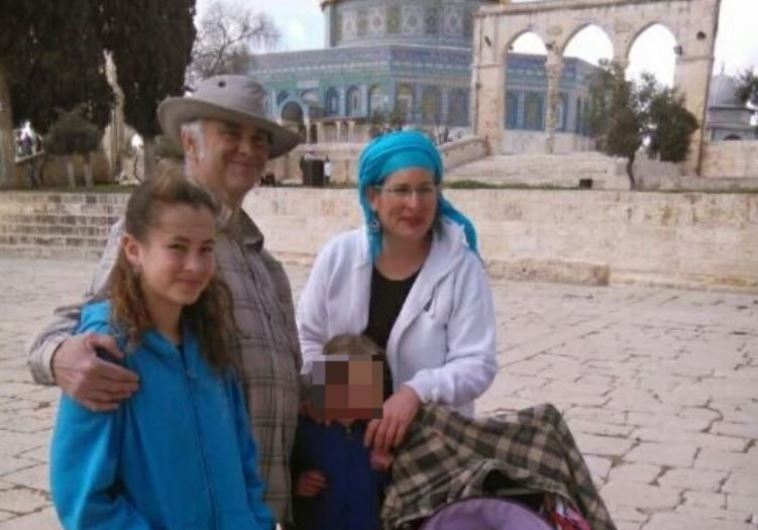Terror victim’s mother: Preserving my daughter’s memory a daily challenge
“We are always asked to relay memories of Hallel. As the years passed, it has become so clear how young she was.”
 Hallel Yaffa Ariel (L) was killed in a terrorist stabbing in Kiryat Arba, June 30, 2016
Hallel Yaffa Ariel (L) was killed in a terrorist stabbing in Kiryat Arba, June 30, 2016